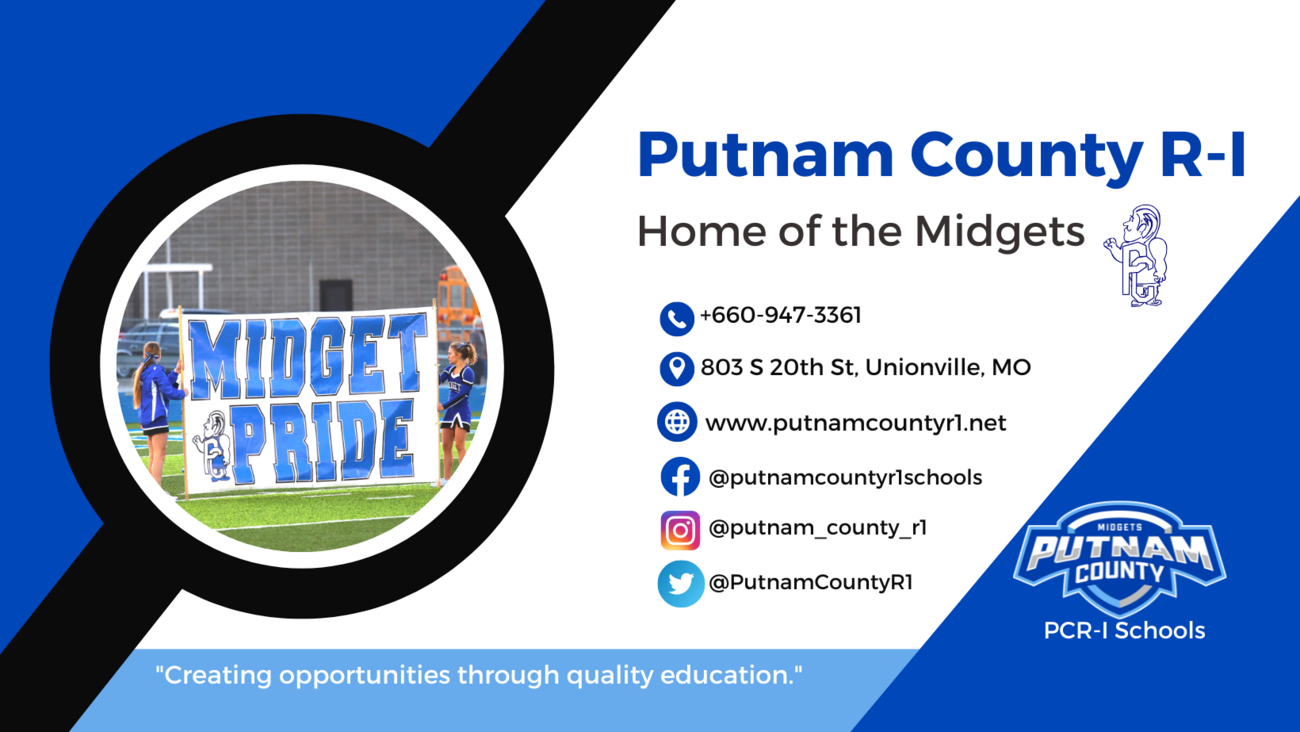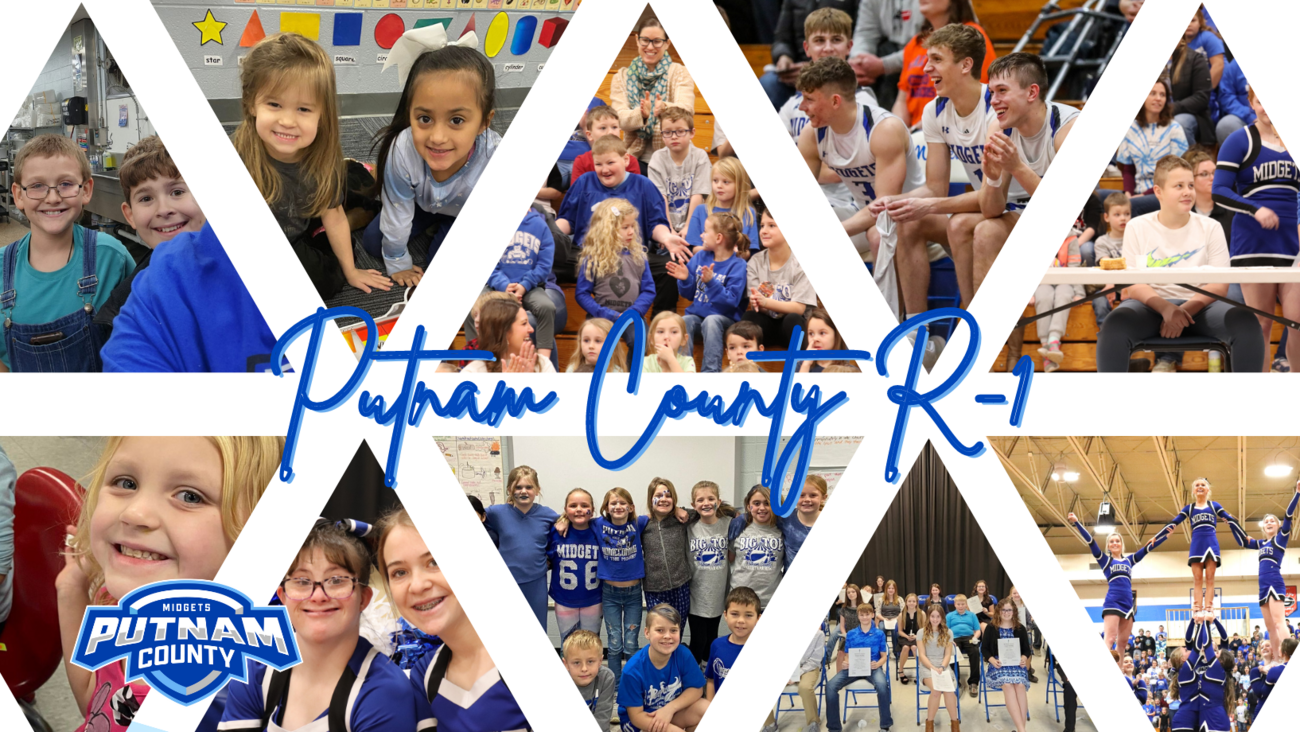You Can't Keep a Good Book Down
One of my favorite learning tools for language development is a good book. As I have advanced in my career, it’s been difficult not to notice the shift in a child’s attention, engagement, and interaction with a good read-aloud. Actively listening during a read-aloud builds the crucial foundation for many learning processes. It stimulates the formation of visual imagery skills and empathy skills, unlike any other learning tool. Finite nuances such as reading with emotion, varied facial expressions, or hesitations peak a child’s attentiveness while building an awareness of context and connection. So many senses and emotions actively engage while reflecting, pondering, questioning, and predicting within a good story. It is really quite the cognitive load but with its’ heavy framing of enjoyment and ease, the activity is often met with excitement, openness, and readiness.
It is also a life-long skill, evolving with age. In young children, it is important to meet them where they are in their interests and language level, fostering an unmatched love of learning. In older children, reading chapter books together as a family, listening to audiobooks, or having a family read-aloud are creative opportunities to thread yourself within your child’s rapidly expanding world and mind. In having an older child myself (14), I find reading the same chapter book is a rare and special-feeling opportunity to connect with my child’s maturing mind in a way that’s often lost to me otherwise. Teenagers are not typically “sharing” beings by nature, so consider opening that door for engagement with a good book. Also of relevance, both of my children (11 and 14) are often willing and even eager to share their audience as I practice a new book for my preschoolers. Brant is often my critical thinker, while Finley is my quiet praise. Young or teenage, picture book or chapter book, most kids will learn to love the written pages in various forms and importantly, grow their minds for a lifetime. Books are a gift.


.png)

%20(1300%20%c3%97%20732%20px).png)

%20(2).png)
%20(1).png)
.png)
.png)



.png)

